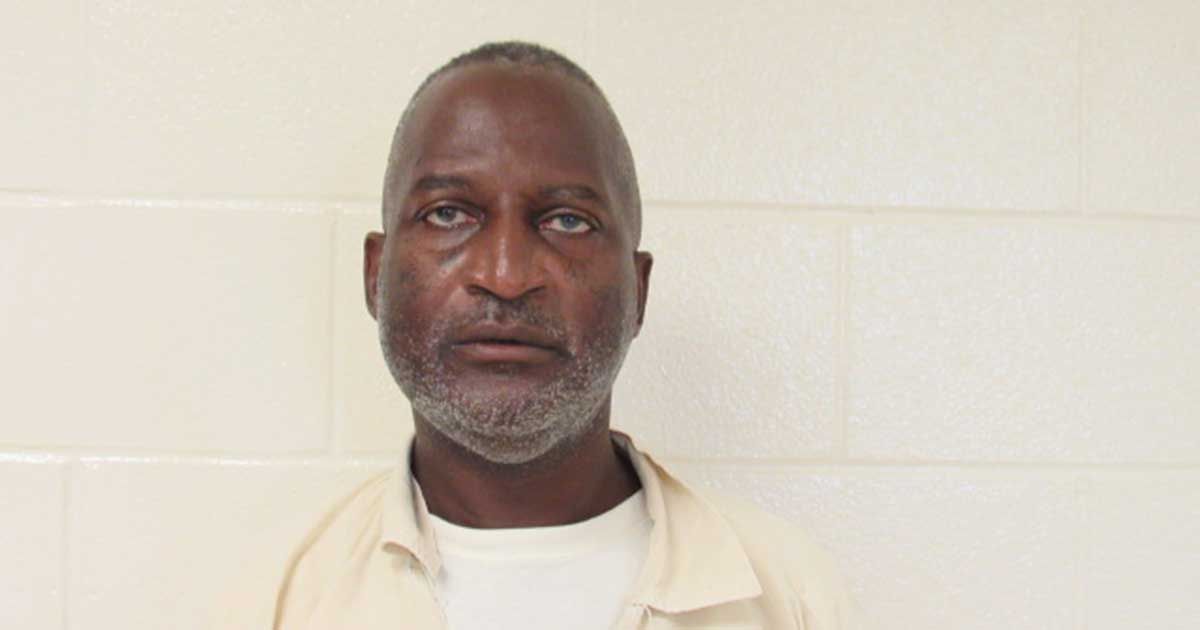Arkansas Governor Denies Clemency to Innocent Man
Charlie Vaughn has been imprisoned 32 years for a murder someone else confessed to

It's about that time for politicians to spend an hour in front of cameras with turkeys. Liberty and Bell, two turkeys from a family farm outside of Willmar, Minnesota, were apparently shipped to Washington DC, in a stretch black Cadillac Escalade for their White House pardoning ceremony.
In Arkansas on Friday morning, the turkeys sat motionless on a table littered with fake leaves while Gov. Sarah Huckabee Sanders gave a speech granting them clemency. In this case, the usually light-hearted photo opportunity came in context with a darker, yet all too familiar backstory.
Radley Balko, an investigative journalist with the Arkansas Times, wrote a detailed, devastating piece about Sanders’ denial of Charlie Vaughn’s request for executive clemency. Vaughn, diagnosed with a developmental disability and mental illness, was convicted in 1991 for the 1988 murder of an elderly Fordyce, Arkansas woman. Vaughn was held in jail for a year and insisted on his innocence before a publicly assigned attorney advised him to confess in order to avoid the death penalty. Vaughn’s confession contradicted the facts of the crime, but the judge sentenced him to life in prison anyway, commenting, “I’m sure that some governor somewhere down the road will reduce the sentence or commute it to a term of years.”
In the 32 years since, Reginald Early, another one of the four men, confessed to the crime and insisted he had acted alone. A mountain of other evidence of Vaughn’s innocence has also come to light. As a result, the two other suspects had their convictions overturned. Yet because Vaughn, imprisoned, illiterate, and without an attorney, did not file a claim within a year, the state argued that he could not benefit from the new evidence. Federal courts rejected Vaughn’s appeals to be freed.
All of these facts contained in that report were presented to Sanders in a clemency petition filed by Vaughn’s attorney in June. When Vaughn’s attorney followed up in July with Sanders’ chief legal counsel Cortney Kennedy, he received this response; "The Governor completed her review of Mr. Vaughn’s file last week. Unfortunately, she has chosen not to grant clemency at this time. He will be able to reapply in 6 years, pursuant to statute."
That’s it. No explanation as to why Sanders denied the petition, no communication from Sanders to Vaughn’s attorney until the attorney reached out for an update. Just a three-sentence email from Sanders’ chief legal counsel, topped off by a cold note that Vaughn, who has been in prison for over 30 years for a crime he did not commit, could try again six years later.
Sadly, no one familiar with the political ambitions of Governor Sanders should be surprised by this maddening story of failed justice. Even if the optics of a turkey pardon are horrendous when placed into context, that doesn’t change how the political math works in Sanders’ world. A silly holiday photo op has a small amount of political value, while allowing a sliver of grace and humanity to a man who the justice system failed decades ago does not.
You can read Radley Barko's investigative piece into Charlie Vaughn's case, "Gov. Sanders denies clemency to Charlie Vaughn, an innocent man who’s been in prison for decades," at the Arkansas Times.










